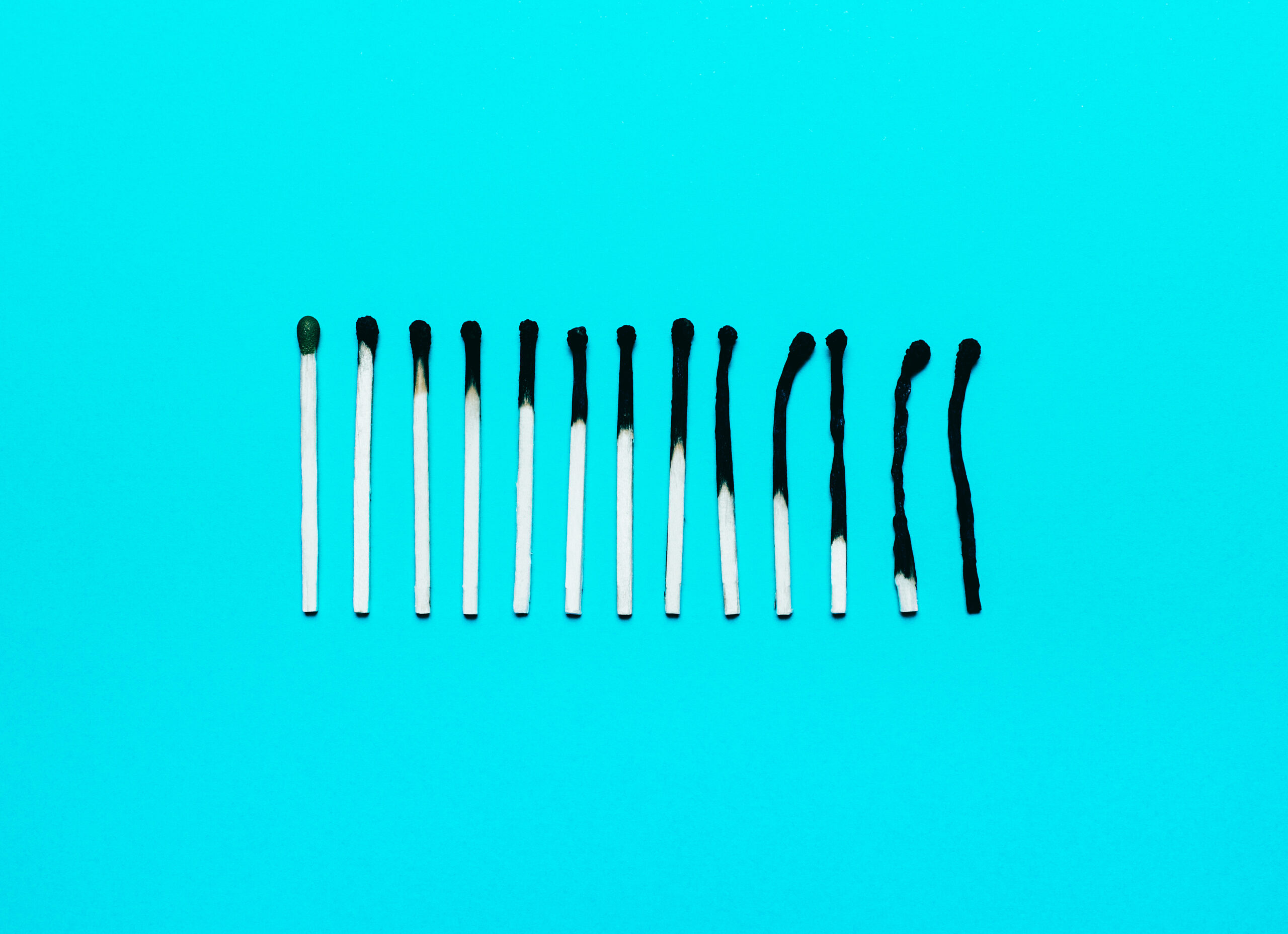Sometimes, with a high-pressure career, it’s easy to forget that the rest of your life exists. You can get so caught up in the day-to-day deadlines and fires you need to put out at work that you feel like there’s no time for anything else. But it’s important not to let work dominate all aspects of your life, especially if you want to perform at peak performance and stay productive over time.
Here are the best strategies we teach our clients to disconnect from work.
Relaxation is Vital to Productivity
In order to disconnect and relax, you need to have time for yourself, which is one of the hardest challenges as a busy professional woman. We constantly feel guilty if we do preserve some time for ourselves. So, it’s important to understand that taking time for yourself away from work and allowing yourself to truly disconnect is actually an investment in your health and happiness.
Relaxation doesn’t mean you are doing nothing; it means you are doing something that may not require as much mental effort as your work does. That can be anything from taking a walk around the block—or even just sitting and binging your favorite new series on Netflix. The key is that you’re engaging in activities that help give yourself a mental break to relax your mind and body so you feel rejuvenated after working hard all week.
Taking a Break Optimizes Your Performance
Taking breaks can help you to be more productive and effective. By taking a break from work, you are able to return to it with a fresh perspective, making better decisions and reducing stress. In turn, this helps you stay focused for longer periods of time.
In order for the break to be beneficial, it should be at least 15-20 minutes long. When we are tired or stressed out our brains switch off some of their functions in order to conserve energy so if we try and force ourselves into working longer they will become less efficient as they struggle through this state. The brain needs time away from work in order to recover these functions which will make us more productive when we do eventually get back into working mode again!
Don’t Drop Everything At Once
We tend to take an all or nothing approach to time off. We overwork until our scheduled vacations, only to spend the vacation trying to recover from our work burnout and then return to work still depleted. The easiest way to start disconnecting from work is to start scheduling in short day-breaks to our schedule. Try to add an extra day off every month or quarter to start. This will give your body and mind time some needed space away from work without fully disrupting your schedule.
Separate Your identity From Your Career
The first step to disconnecting from work is to separate your identity from your career. You’re not a workaholic, you’re a person with a career —and that’s it.
It’s easy to get caught up in identifying as someone who works too much and never sees their family, but the truth is we need at least one or two nights per week where we don’t think about our careers at all and can relax with friends, family or focus on other activities instead.
The truth is, if you feel like you need those nights away from work to maintain balance in your life then take them! It might feel like something is missing when you spend so much time at the office, but there are plenty of ways to work a high-presssure job and fit in quality time in your personal life.
Set Expectations for Boundaries
Setting boundaries is the first and most important step in creating a healthy work-life balance. There are no hard and fast rules on how to set boundaries, but there are some general guidelines you can use as a starting place.
- Create expectations for yourself, your family, and your colleagues about when you’ll be available.
- Communicate your expectations openly to those around you (including your direct reports)..
- Set clear goals for yourself that help steer the type of work that gets done during certain times of the day (i.e., working out after work vs. spending time with friends at night).
Practice Excellent Self-Care
Studies have shown that the most productive people incorporate breaks during their day. This means that self-care, taking time to rest and recharge, is crucial to your bottom line. Here are some essential self-care practices:
- Take time to actively relax and recharge (turn off email notifications, step away from screens)
- Take time for exercise.
- Eat well, it helps your moods and energy levels.
- Connect with family and friends
- Enjoy hobbies and interests that don’t involve work
Conclusion
Remember, your personal life is just as important as your work life. Taking care of yourself is necessary to maintain a healthy mind, body, and spirit. Just remember that taking breaks from work will allow you to come back refreshed and ready for the next fire that needs your expertise to put it out.
Watch our free masterclass to learn more about how to balance your personal and professional life.







